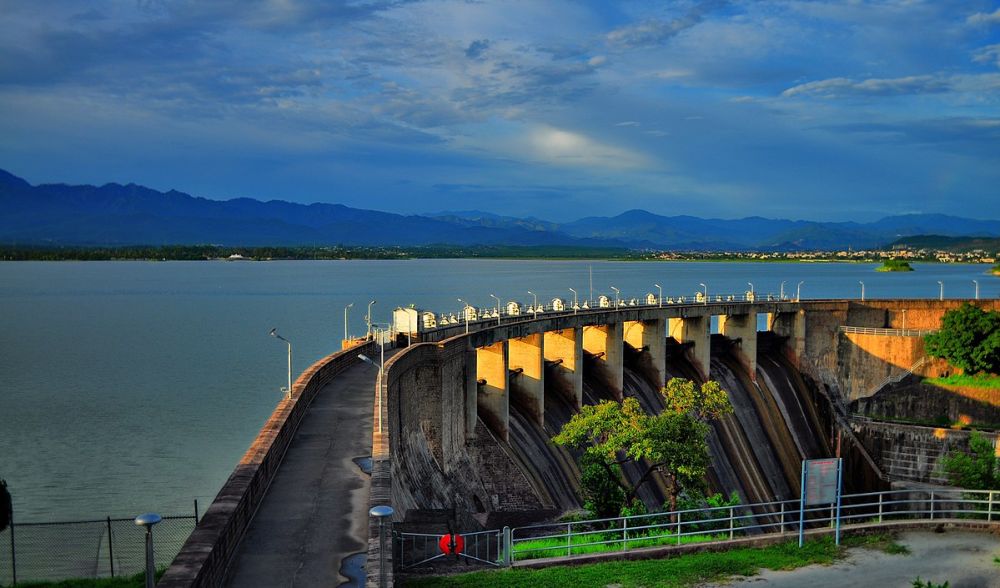

Nestled in the shadow of the Margalla Hills, Rawal Lake serves as a pivotal element in the capital city of Islamabad, Pakistan. Since the city's establishment in the 1960s, designed by renowned architect Constantinos Apostolou Doxiadis, Rawal Lake has been an integral component of the city's layout and environmental planning.
The lake itself, a reservoir that provides water to the twin cities of Islamabad and Rawalpindi, has a surface area of approximately 3.5 square kilometers. It was created by the damming of the Kurang River during the development of the capital city. The recreational value of Rawal Lake was soon realized, and it promptly became a destination for locals and tourists alike.
Over the decades, the area around Rawal Lake has seen continuous development to enhance its appeal to visitors. The construction of Park Road along the lakeside facilitated easy access for tourists and picnic goers. A visitor's park named Lake View Park was established on the southern bank, offering amenities such as picnic spots, walking paths, bird-watching opportunities, and boating facilities. A well-maintained aviary and a small zoo also draw families and nature enthusiasts.
The Islamabad Club, with its moorage facilities, attracts sailing aficionados while anglers find the lake's stock of carps, tilapias, and catfish appealing. Over time, the surroundings of Rawal Lake have been enriched with gardens, parks, and secluded spots perfect for relaxation and meditation.
In recent years, a new wave of interest in eco-tourism and adventure sports has led to the lake's resurgence as a hotspot for outdoor enthusiasts. The promotion of healthy lifestyles has seen an increase in organized cycling events, marathons, and triathlons around the lake area.
The management of the park has engaged in improving public services, incorporating food courts that serve local delicacies, upgrading pathways, and enhancing security measures to ensure the safety and comfort of visitors. Seasonal festivals and cultural events around Rawal Lake have become a mainstay, attracting crowds and providing a platform for local artisans and performers.
Adventure parks and water sports activities have also been added to the lake's tourist palette, appealing to those looking for an adrenaline rush. Eco-tourism initiatives have been taken to preserve the natural beauty of the area, and visitors are increasingly aware of their environmental responsibilities when enjoying the tranquil setting of Rawal Lake.
Despite its popularity, Rawal Lake faces challenges such as water pollution and the need for environmental conservation. Authorities are continually working on sustainable tourism strategies to address these issues. Emphasis on green tourism, alongside infrastructural development ensuring minimal ecological impact, is the way forward envisioned by the city planners and environmentalists.
The future of tourism at Rawal Lake appears promising, with ongoing projects to enhance visitor experience while retaining the ecological balance. As Islamabad evolves, Rawal Lake remains a beloved feature of the city's landscape, continuing to captivate the hearts of locals and tourists alike.